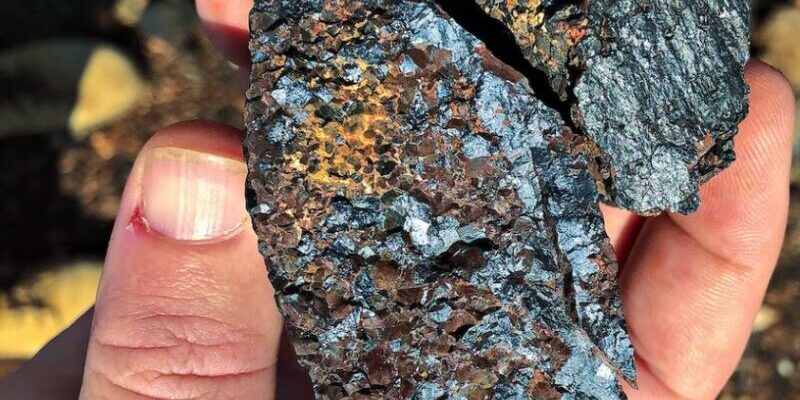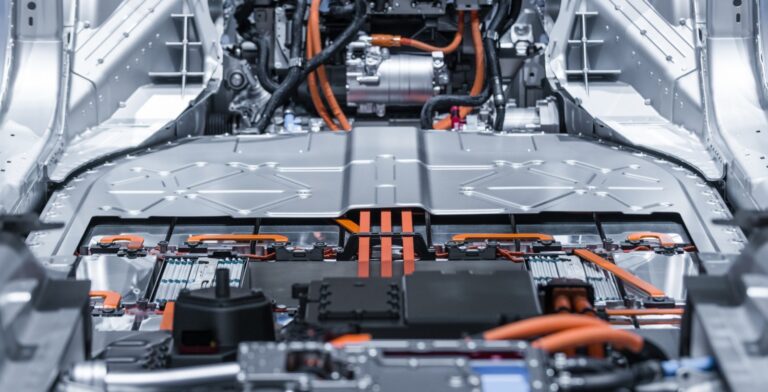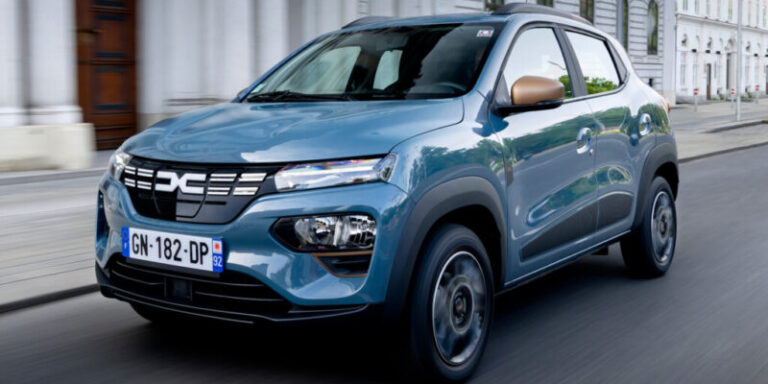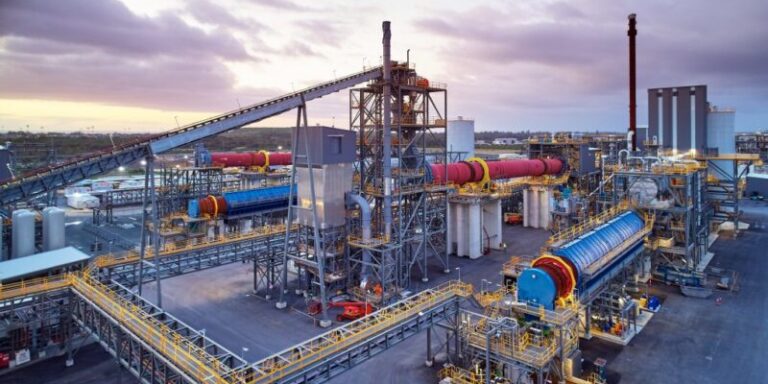
India on yesterday November 29th launched the first part of its critical minerals auction worth an estimated 450-billion rupees ($5.40-billion), the country’s mines minister said.
Mines Minister Pralhad Joshi said the auctions would be held in eight states, including Bihar, Chhattisgarh, Odisha, Tamil Nadu, Jammu & Kashmir and would include minerals such as lithium, potash, vanadium, graphite, and rare earth elements.
“I also take this opportunity to invite prospective bidders from across the globe to participate,” Joshi said at the launch.
The first tranche, which will end on February 20, will auction 20 blocks and is part of a planned auction of 100 blocks.
The government has also taken up 125 projects to explore critical minerals in the country, the country’s mining secretary V. L. Kantha Rao said at the launch event.
The Indian government in June this year, listed 30 minerals, including nickel, titanium, vanadium and tungsten as critical to drive its clean energy push.
The federal government had previously listed 12 strategic minerals, including lithium – a critical raw material for electric vehicle batteries.
Lithium reserves were discovered earlier this year in the federally administered region of Jammu and Kashmir. These reserves would be auctioned as part of first tranche, Joshi said on Wednesday.
India will also announce the acquisition of lithium blocks in Australia and Argentina in a month or two, he said at the event.
India’s largest power producer NTPC and State-run miner Coal India are looking at acquiring lithium assets in Australia, a government source separately told Reuters.
India is among the world’s top greenhouse gas emitters and has been pursuing overseas pacts to secure key minerals in resource-rich countries such as Australia, Argentina and Chile.
India aims to be a net zero emitter of greenhouse gases by 2070.






